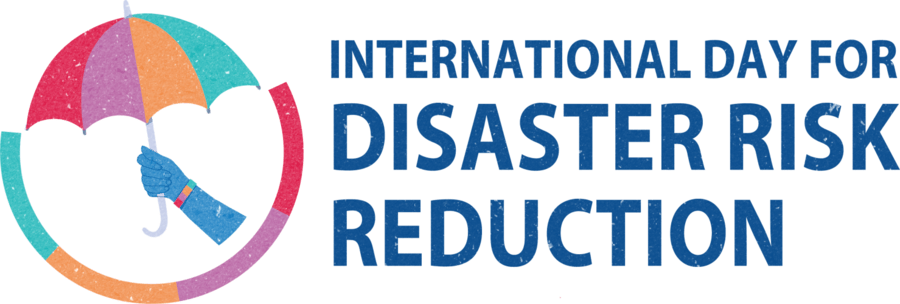Reducing disaster risk and losses is vital to save lives and livelihoods

Message of António Guterres, UN Secretary-General
To meet the cascading challenges of the 21st century and safeguard the lives, health and livelihoods of all people, we must reduce systemic risks.
Weak governance, growing poverty, biodiversity loss, collapsing ecosystems and unplanned rapid urbanization are all interconnected drivers of disaster risk.
Left unaddressed, they aggravate the intensity and frequency of disasters and increase the need for humanitarian assistance.
And they stand in the way of our global effort to defeat COVID-19, adapt to climate change, and build forward better.
Just 24 hours advance warning of a storm or heatwave could reduce the ensuing damage by 30 per cent.
However, many low- and middle-income countries lack adequate early warning systems.
And when disaster strikes, weak health systems and infrastructure leave them even more vulnerable.
Decades of development gains can be wiped out in an instant.
Building resilience to climate change and reducing disaster risk and losses is vital to save lives and livelihoods, eradicate poverty and hunger and achieve the Sustainable Development Goals.
For Small Island Developing States, it is a question of survival amid warming oceans, rising seas, and intensifying storms.
Effective risk reduction relies on international cooperation and global solidarity.
It is about ensuring fair and equitable access to vaccines for everyone, everywhere;
dramatically increasing funding and support for climate change adaptation and resilience building;
and delivering on the Sendai Framework.
On this International Day for Disaster Risk Reduction, let us commit to cooperate to build a safer and more resilient world.
Is this page useful?
Yes No Report an issue on this pageThank you. If you have 2 minutes, we would benefit from additional feedback (link opens in a new window).
